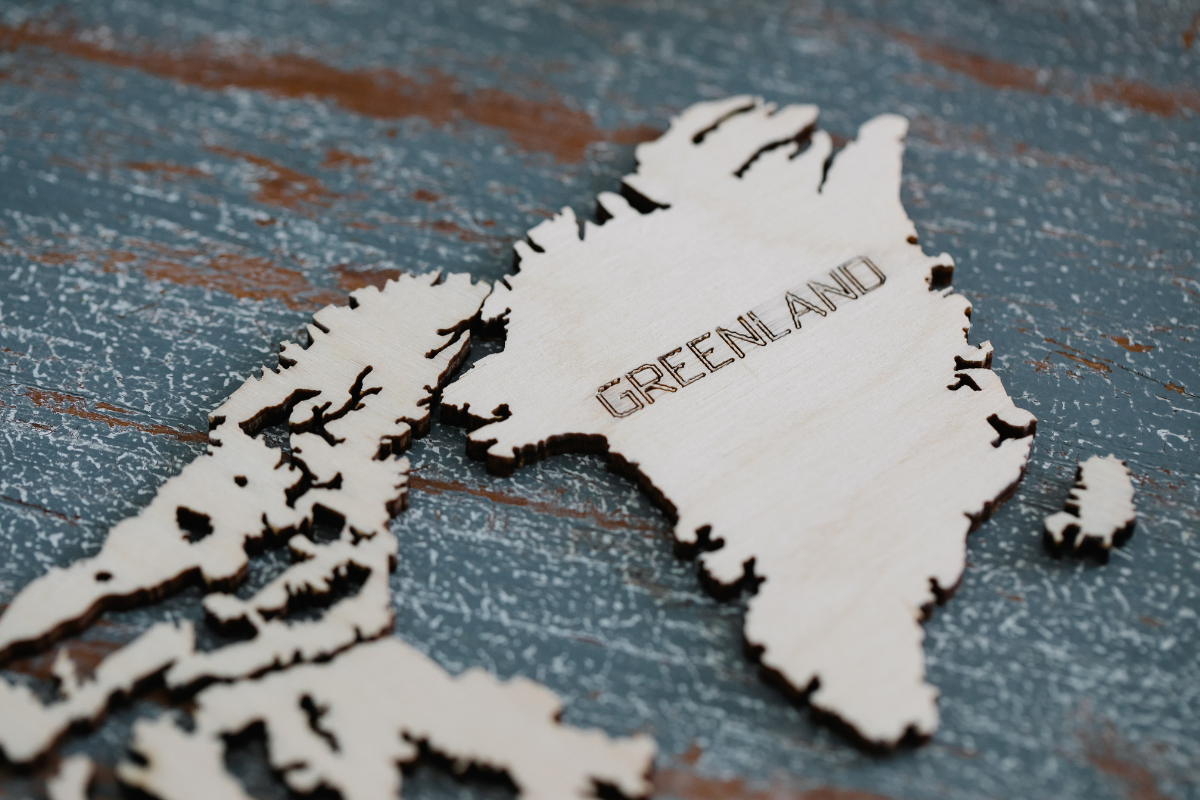Like historic American land acquisitions, President-elect Donald Trump wants to buy Greenland, the vast Arctic territory under Danish rule. On January 8, 2025, Trump declared that U.S. ownership of Greenland is an “absolute necessity” for national security and global freedom.
Greenland, the world’s largest island, has about 56,000 people. It is an autonomous territory within the Kingdom of Denmark.
Its strategic Arctic location and abundant natural resources, including rare earth minerals, oil, and gas, have long sparked international interest. The island also hosts the U.S. Pituffik Space Base (formerly Thule Air Base), underscoring its military significance.
Trump’s renewed proposition has been met with firm resistance. Greenland’s Prime Minister, Mute Egede, responded unequivocally: “We are not for sale and we will not be for sale.” He stressed Greenland’s wish for self-determination. It is open to global trade and cooperation.
Denmark, too, has reiterated its stance against selling the territory. In response to Trump’s statements, Danish Defence Minister Troels Lund Poulsen announced a $1.5 billion increase in Greenland’s defense budget.
This investment aims to boost Arctic security. It will buy new inspection ships, long-range drones, and improve military infrastructure.
The international community has expressed concerns over the implications of such a transaction.
In a Paris news conference, Secretary of State Antony Blinken dismissed the idea. He said it was “obviously not a good” plan. He stressed the need to maintain strong alliances without alienating partners.
The U.S. has a history of expanding its territory through purchases. Notably, it bought Alaska from Russia in 1867. Trump’s interest in Greenland mirrors these past efforts.
He sees the island as a way to counter Russian and Chinese influence in the Arctic. But, the geopolitics have changed. Such a proposal raises complex questions about sovereignty, international law, and indigenous rights.
Greenland’s rare earth minerals are important. The world relies on China for them. Securing access to these minerals could reduce U.S. dependency and enhance technological and defense capabilities.
Also, as climate change opens new Arctic shipping routes, control over Greenland could offer economic and strategic benefits.
Despite the potential benefits outlined by proponents, the ethical and diplomatic ramifications of such a purchase cannot be overlooked. Greenland’s residents, who enjoy autonomy and Danish citizenship, have the right to self-determination.
Any discussions about the island’s future must prioritize the voices and aspirations of its indigenous population.
As the debate unfolds, we must consider the impacts of 21st-century territorial acquisitions. Though history offers examples, today’s world needs a new approach. It must respect sovereignty, encourage cooperation, and tackle global issues together.
Acquiring Greenland may seem a smart move. But, the complexities of such a deal make it very difficult. The U.S. must weigh the potential gains against the risks. Pursuing ownership of a resource-rich, historic, and culturally significant land poses diplomatic, ethical, and legal challenges.



